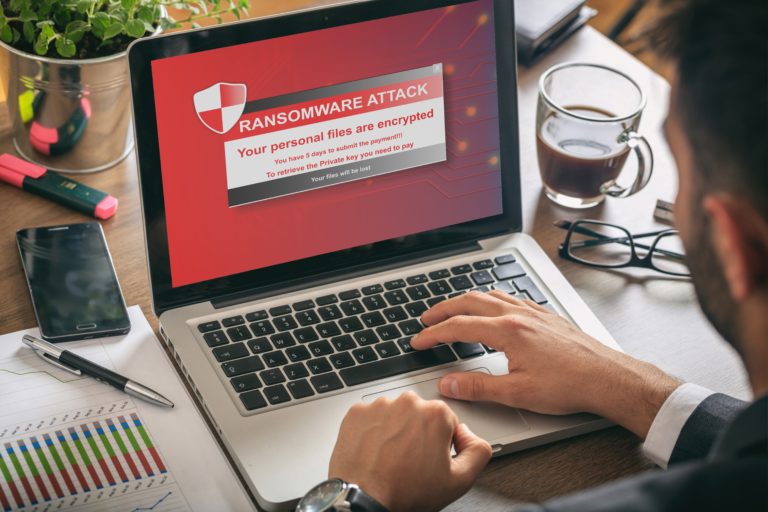Ransomware attacks pose a severe threat to businesses, causing financial losses, operational disruptions, and potential data breaches. In this blog post, we’ll explore effective strategies to defend against ransomware and provide guidance on what to do if your business becomes a victim. Additionally, we’ll highlight how Next Level Technology’s cybersecurity services can bolster your ransomware defense and enhance your overall cybersecurity posture.
Ransomware Defense Strategies:
- Implement Robust Cybersecurity Measures: Strengthen your organization’s cybersecurity by deploying robust measures, including firewalls, antivirus software, and intrusion detection systems. Regularly update and patch software and operating systems to address vulnerabilities that cybercriminals might exploit.
- Backup Critical Data Regularly: Regularly back up your critical data and ensure that backups are stored in a secure, isolated environment. In the event of a ransomware attack, having up-to-date backups allows you to restore your systems and data without succumbing to extortion.
- User Education and Training: Educate employees about the risks of ransomware and the importance of practicing safe online behaviors. Conduct regular training sessions to help employees recognize phishing emails, malicious links, and other social engineering tactics cybercriminals use to deliver ransomware.
- Implement Least Privilege Access: Limit user access rights to the minimum necessary for their roles. This reduces the likelihood of ransomware spreading laterally across the network if one user account is compromised. Restrict administrative privileges to authorized personnel only.
- Utilize Email Filtering and Gateway Security: Implement advanced email filtering solutions to detect and block phishing emails and malicious attachments. Gateway security solutions add an extra layer of protection by scanning incoming traffic for potential threats before reaching the network.
- Keep Software and Systems Updated: Regularly update software, applications, and operating systems to patch vulnerabilities and strengthen security. Cybercriminals often exploit outdated software to gain unauthorized access to systems.

What to Do if You Become a Victim:
- Isolate Infected Systems: Immediately isolate any systems affected by ransomware to prevent the malware from spreading to other parts of the network. Disconnect infected devices from the network to contain the threat.
- Report the Incident: Notify your IT department and relevant authorities about the ransomware incident. Promptly reporting the incident can help coordinate a swift response and may assist law enforcement agencies in tracking cyber criminals.
- Do Not Pay the Ransom: While it may be tempting to pay the ransom to regain access to your data, there is no guarantee that the attackers will honor their promise. Paying the ransom also fuels criminal activities and does not guarantee the restoration of your files.
- Restore from Backups: If you have regularly updated backups stored in a secure environment, initiate the restoration process to recover your systems and data. Ensure that the restored data is malware-free before reconnecting systems to the network.
- Engage Cybersecurity Experts: Contact cybersecurity experts, such as Next Level Technology, to conduct a thorough investigation, assess the extent of the breach, and implement measures to prevent future attacks. Next Level Technology’s incident response services can help your organization recover and strengthen its cybersecurity defenses.
By implementing these proactive strategies and partnering with Next Level Technology for cybersecurity services, your business can significantly reduce the risk of falling victim to ransomware. Stay vigilant, stay informed, and take the necessary steps to defend your organization against evolving cyber threats.






